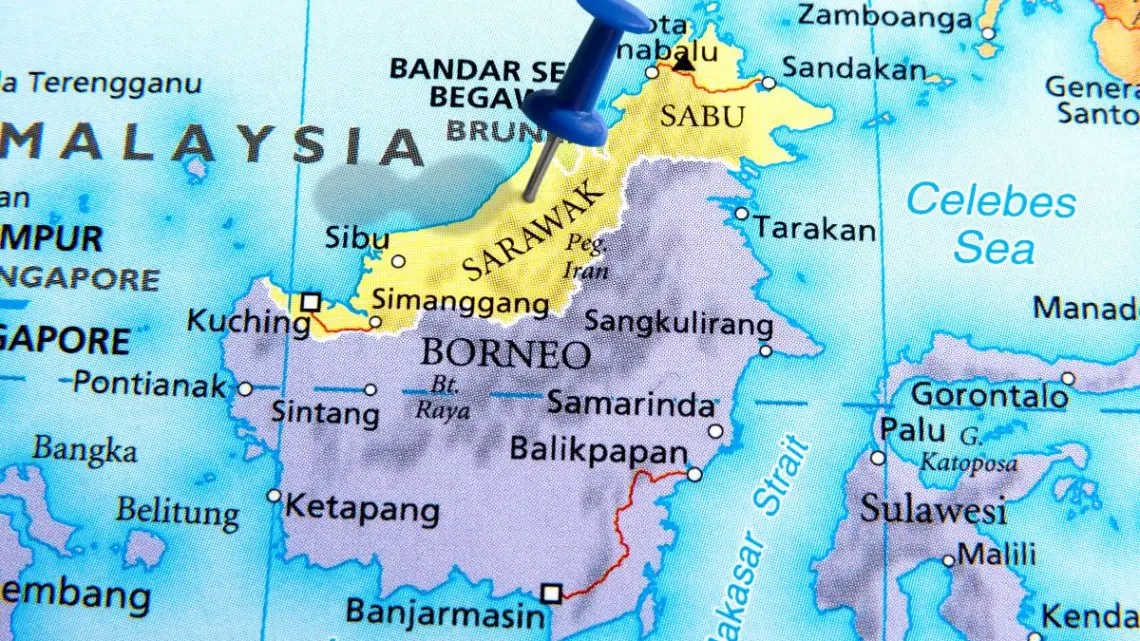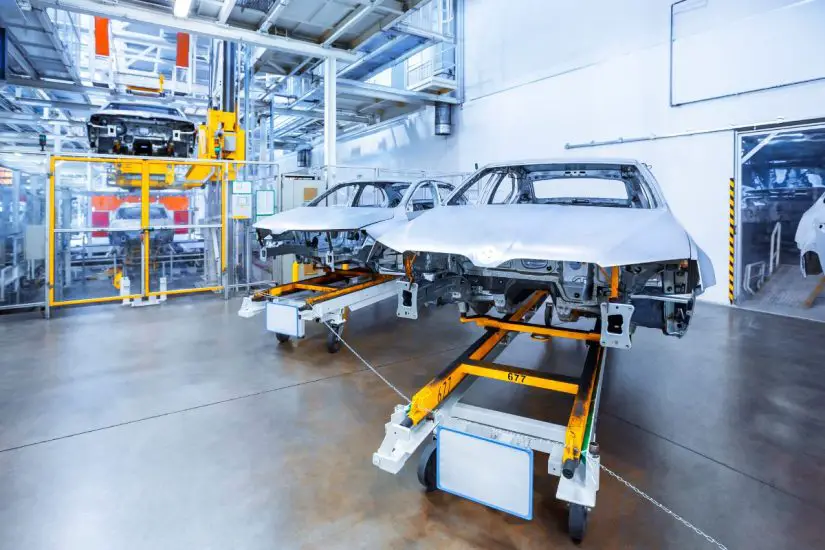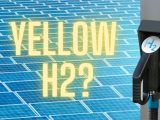
Sarawak proposes new plant for fuel cell electric vehicles
August 5, 2022The facility is intended to help reduce the cost of FCEVs in alignment with the Malaysian state goals.
The Malaysian state of Sarawak has announced its intentions to host a new automotive assembly plant geared specifically toward the production of fuel cell electric vehicles (FCEVs).
The state has been developing strategies for its automotive industry to transition away from fossil fuels.
The Sarawak government has previously announced that it will be making an ambitious push to step away from the automotive industry’s reliance on fossil fuels. Instead, it will be focusing its future on a transition toward clean and renewable energy (RE) sources, said Dr. Hazland Abang Hipni, Deputy Minister of Energy and Environmental Sustainability.
The state government is already in the midst of the implementation of a spectrum of other projects and initiatives that will aid it in transforming itself into a hydrogen economy.
As of the time of the writing of this article, the specific details of the H2-powered auto assembly plant project had not yet been disclosed. This includes the name of the automaker of the fuel cell electric vehicles that will be involved, the size of the investment, and even the production capacity for the facility. That said, it is expected that Sarawak Premier Datuk Patinggi Abang Johari Tun Openg will be sharing those details at a later date.

The focus on fuel cell electric vehicles aligns with the broader focus on building a hydrogen economy.
“There are many BEVs in the market but the origin and source of energy to produce the battery is questionable. That is why Sarawak is focusing on FCEV powered by hydrogen locally,” said Hazland at the end of July after having opened the 18th International Conference on Clean Energy 2022. “The rationale behind the setting up of a car assembly plant here to produce FCEVs is to bring down the price of these vehicles for the locals.”
According to Hazland, most local drivers cannot afford the cost of EVs sold by Japanese automakers. Therefore, the state government will be placing a larger focus on importing more fuel cell electric vehicles for government officials and state cabinet members to use.



 HFN News is your leading source for fresh hydrogen and renewable energy updates. Amid the fast-paced growth of hydrogen companies, we provide top-notch news and insights about this exciting sector. Our coverage spans from hydrogen cars to global sustainable initiatives, and we highlight the latest in green jobs and developing hydrogen hubs. We invite you to share your local hydrogen news and explore today’s renewable energy job listings on our site. Thanks for choosing HFN News as your trusted guide to the hydrogen and renewable energy world!
HFN News is your leading source for fresh hydrogen and renewable energy updates. Amid the fast-paced growth of hydrogen companies, we provide top-notch news and insights about this exciting sector. Our coverage spans from hydrogen cars to global sustainable initiatives, and we highlight the latest in green jobs and developing hydrogen hubs. We invite you to share your local hydrogen news and explore today’s renewable energy job listings on our site. Thanks for choosing HFN News as your trusted guide to the hydrogen and renewable energy world!